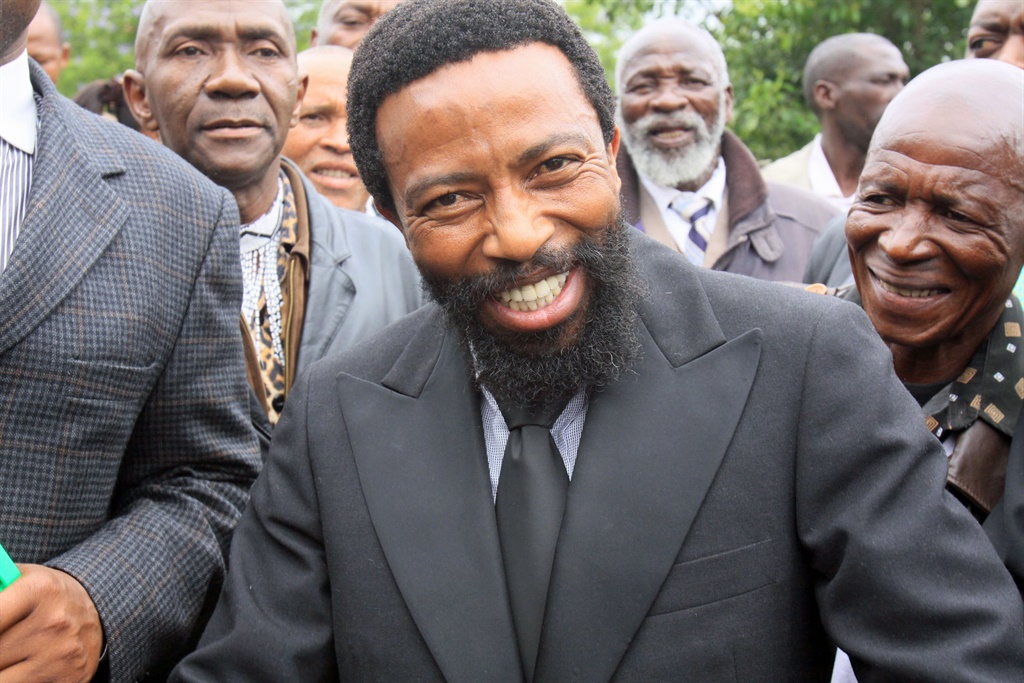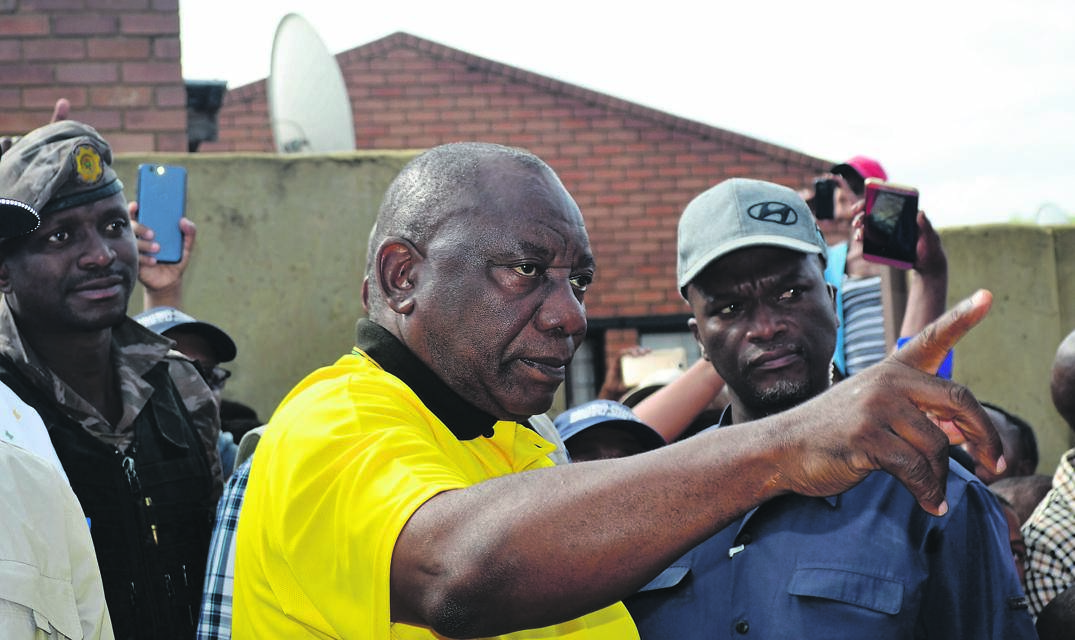
There can only be one reason and one reason only that President Cyril Ramaphosa pardons AbaThembu King Buyelekhaya Dalindyebo, and that reason is mercy.
Whether that reason will go well with the nation and other interested parties is another matter.
But once the president has extended that mercy, which is within his powers, he may have to give a cogent reason for it. Failure to give said cogent reason may see the president run into trouble.
The primary argument of those in favour of the king’s release is that he was executing his duties as a traditional leader. That may be so and should be accepted as such, but that is not really the issue.
The issue is whether customary law permitted him to carry out the acts which resulted in his incarceration. This brings to the fore the question of what exactly true customary law is and whether those making their argument based on the law are justified.
Are there customary laws which provide for the gross violation of rights of anyone, including the king? Do people living under traditional leadership waive their human rights because of customary law?
Does the fact that you belong to a traditional community waive your rights as a human being or, for that matter, does customary law take away the humanity of those living under that system?
The issue here is rather about the excesses in the execution of the judgment of the king. To suggest that the end justifies the means may just be to adulterate customary law. Surely there must have been a process in customary law to deal with the rebellion of those found guilty of recalcitrance and refusal to obey.
Does customary law allow for the assault and torching of property of those who refuse to obey the judgment of traditional courts?
The idea that Roman-Dutch law has anything to do with this is ill-conceived and blatant propaganda. Firstly, there has been no Roman-Dutch law in our judicial system since the advent of democracy.
Secondly, we have three independent sources of law – common law, customary law and statutory law.
The Constitutional Court has repeatedly stated that customary law is not subservient to common law and that the former is a source of law in its own right. Naturally, statutes alter both common law and customary law to the extent necessary to give effect to the Constitution, which is the supreme law.
The fundamental problem is the inability to define customary law by those who seek to practise it. In the past, the colonial and apartheid systems adulterated customary law and made it universal to all black people.
The Constitutional Court has reversed this adultery and reverted the power to those practising it to determine their own customary law. The rider, of course, is that customary law must be consistent with the Constitution, which is the universal contract between all citizens.
It is the very Constitution which gives full recognition to customary law.
Citizens who are not part of customary arrangements, be they black people or not, have the same right as those who practice customary law to enjoy the full benefit of the Constitution. The Constitution cannot be suspended for a part of society.
The idea that customary law must exist separately to the agreed constitutional framework does not make any sense. Such separate existence would simply mean secession.
At the same time, people cannot pick and choose what must apply to them, when it suits them.
Customary law is becoming less and less attractive to communities and that has nothing to do with the Constitution. It has to do with the fact that those who claim to believe in customary law are prepared to abuse it for their selfish interests and not for public benefit.
By its very nature, customary law is not abusive and is it considerate of public interest. But who wants to be told by a king, and one with the propensity to beat them, that they must not vote?
Where does the king get the authority to decide for the people that they must not vote, just because he wants something that he cannot get? What happens if those people vote in defiance?
Read: Why Ramaphosa wants to pardon Dalindyebo
To threaten a president with a shutdown or no-vote to force his hand is tantamount to blackmail and cannot be in the public interest or the advancement of customary law in any way.
Whatever decision the president makes, his moral authority will remain challenged by the perception that he succumbed to threats.
Justice Richard Goldstone, writing for the Constitutional Court, said: “No prisoner has the right to be pardoned, to be reprieved or to have a sentenced remitted. The interim Constitution places such matters within the powers of the president.
"This does not mean that if the president were to abuse this power vested in him or her under [section 84(2)(j) of the 1996 Constitution], a court would be powerless, for it is implicit in the interim Constitution that the president will exercise the power in good faith.
"If, for instance, the president were to abuse his or her power by acting in bad faith, I can see no reason a court should not intervene to correct such action and to declare it to be unconstitutional. For example, a decision to grant a pardon in consideration of a bribe could no doubt be set aside by a court.”
Let the moral and legal authority of the president and the Constitution not be undermined.
Mannya is an advocate and former civil servant




 Publications
Publications
 Partners
Partners









